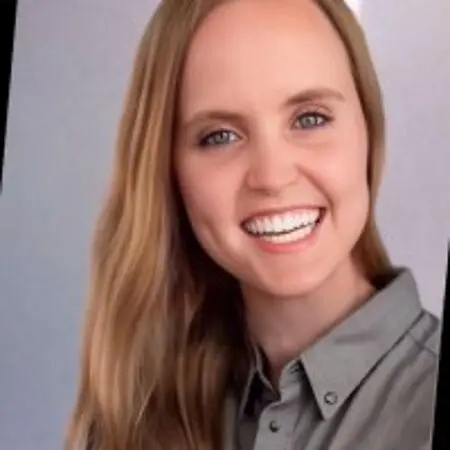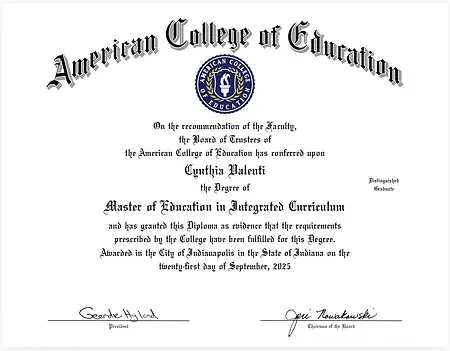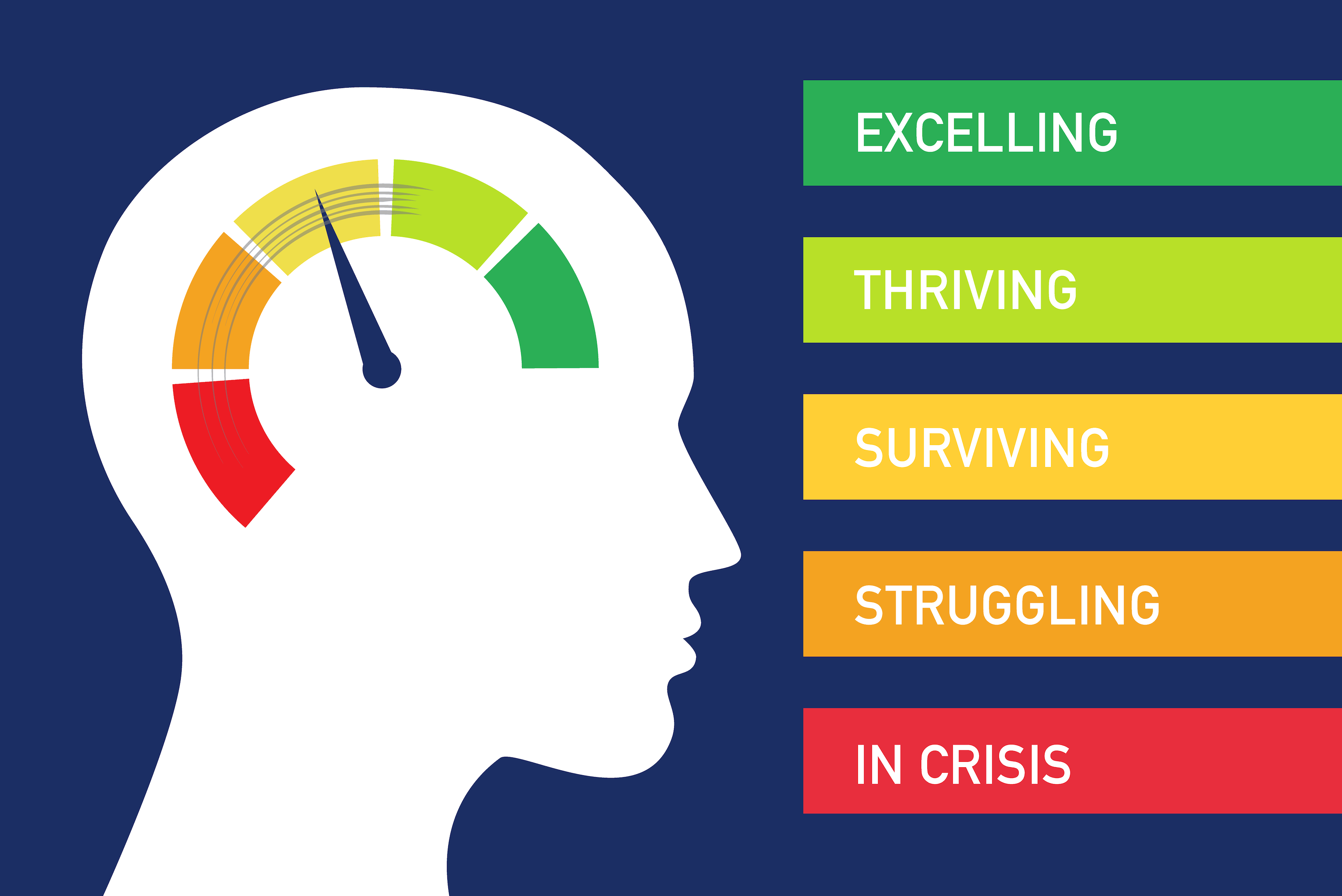Cynthia Valenti

Cynthia Valenti is an accomplished English educator with more than a decade of experience teaching grades 7–12 across diverse school settings in Philadelphia. Currently serving as an English IV Teacher at Central High School, she specializes in guiding students through rigorous college-preparatory reading, writing, and literary analysis. Her interdisciplinary approach—blending literature with history, psychology, media studies, and multiple literacies—reflects her commitment to preparing students not only for academic success, but for thoughtful, informed engagement with the world. Cynthia’s classroom is rooted in inquiry, collaboration, and authentic connection, and she is deeply dedicated to fostering a culture where students feel both challenged and supported.
Beyond the classroom, Cynthia plays a meaningful role in school life as the Yearbook Sponsor, Self-Defense Club Sponsor, and co-sponsor of Politics Central, where she mentors students in leadership, communication, and community engagement. Prior to her work at Central, she spent five years at TECH Freire Charter School, where she taught English, served as a Special Education Case Manager, and led grade-level teams in data-driven decision-making and school-wide professional development. Her earlier experience with Camelot Education further shaped her ability to support at-risk youth through compassionate, high-expectation teaching.
Cynthia holds a Master of Education in Integrated Curriculum from the American College of Education—graduating with a 4.0 and earning both the Paige Board of Trustees Scholarship and KDP President’s Scholarship for her commitment to educational excellence. As a member of Kappa Delta Pi and a contributing author for its national publications, she is recognized for her expertise in curriculum design, relationship-building, and effective instructional practices.
Whether writing for educators, mentoring students, or evaluating national educator development programs, Cynthia remains steadfast in her belief that meaningful learning happens when education goes beyond academics, when every student feels seen, capable, and inspired.
• Instructional 1 English 7-12
• Speech Communication: General Knowledge
• Instructional II English 7-12
• American College of Education- M.Ed.
• University of Scranton- B.A.
• University of Scranton- B.Ed.
• Paige Board of Trustee Scholarship Recipient
• President’s Scholarship
• Kappa Delta Pi Honor Society Member
• Dean's List
• Pennsylvania Teacher of the Year Nominee 2024
• Central High School Educator of the Month - November 2025
• Staff of the Month - December 2016, Sepptember 2020
• Influential Women
• Kappa Delta Pi
• KAPPA DELTA PI INTERNATIONAL HONOR SOCIETY IN ED
• American Red Cross
• Reading Club Coach
• World Vision Activist and Volunteer
What do you attribute your success to?
I attribute my success first and foremost to my village and my purpose. My husband and our three kids are my foundation—they are the reason I push so hard and the place I return to when I need to recharge. My sister has been my constant, walking beside me through every season of loss and growth.
I also carry my parents with me in everything I do. Even though they’re no longer here, their sacrifices, values, and belief in me shape how I show up in the classroom and in my community. Their fierce determination to surpass any obstacle is something I always admired. I want to be the kind of passionate, steady adult for my students that they were for me.
Along the way, I’ve been fortunate to have mentors and colleagues who challenged me, trusted me with big responsibilities, and never let me play small. They modeled what it looks like to lead with both excellence and heart.
Ultimately, my success comes down to my deep passion for this work and my commitment to inspiring students to see their own potential and possibilities. I don’t just want them to pass my class—I want them to walk away believing they are capable of more than the world sometimes tells them they are.
What’s the best career advice you’ve ever received?
The best career advice I’ve ever received is: be consistent — but I must add that through the last decade of teaching, you need to pick your battles.
In teaching, you simply can’t fight every fight. If you try to correct every small thing, you burn yourself out and students tune you out. I’ve learned to protect my energy for the moments that really matter—safety, respect, learning, and dignity in the room. Everything else is a conversation, a redirect, or sometimes something I intentionally let go.
Consistency is the second piece. Kids thrive on structure; they feel safest when they know what to expect from you every single day. If you say you’re going to do something, follow through. If you set a boundary, hold it with love. Over time, that steady structure builds trust—and once students trust you, real learning and real growth can happen.
What advice would you give to young women entering your industry?
Be unapologetically yourself, love what you do, and build real relationships with your students. You want to be the person they trust, the one they feel safe coming to.
When you step into the classroom, remember—you’re signing up for far more than academics. You’ll juggle a lot of roles: teacher, mentor, counselor, cheerleader, sometimes even stand-in parent. Education isn’t “just a job” — it’s an opportunity that allows you to shape who our students become and, ultimately, what our future looks like.
What are the biggest challenges or opportunities in your field right now?
One of the biggest challenges in my field right now is teaching in communities that are carrying constant grief and instability. In North Philadelphia, many of our students are navigating loss, violence, and economic hardship long before they walk into our classrooms. Teachers absorb a lot of that pain — we experience secondhand trauma from the stories our students share, on top of our own personal struggles. The opportunity in that reality is to push schools to take mental health seriously: to normalize therapy for educators, embed trauma-informed practices, and design classrooms that are healing spaces, not just academic ones.
Another major challenge, and opportunity, is the rise of AI. Students are still learning how to navigate technology ethically, and many are tempted to use AI platforms to shortcut assignments or cheat. Instead of pretending it doesn’t exist, we have to teach them how to use it as a thought partner, not a replacement for their brain. That means modeling how to use AI to brainstorm, get unstuck, or see another perspective—while still requiring them to do the heavy lifting of reading, writing, and critical thinking themselves. If we get this right, we don’t just protect academic integrity; we prepare students to think ethically and creatively in a world where AI is here to stay.
What values are most important to you in your work and personal life?
The values that matter most to me—both in my classroom and in my life—are creating a safe, supportive space for under-resourced and at-risk youth and staying rooted in the love and strength of my family. I want my students to know I’m someone they can come to for anything: advice, a reality check, a laugh, or just a place to breathe.
A big part of why this matters so deeply to me is my own story. I lost both of my parents young and back-to-back, and I was three months postpartum each time. I was learning how to be a mother while grieving being a daughter, and that kind of pain changes you. It taught me how fragile life is and how powerful it is to have even one steady person in your corner.
At home, my husband and my children are that anchor for me—they’re my why. They give me the strength to keep showing up fully, even on the hard days. The way I protect, push, and celebrate my own kids is the same way I try to show up for my students, so every young person I teach feels seen, safe, and worthy of a future bigger than their circumstances.
Expert Insights
Milestone Moments

From “maybe someday” to I did it. Twice I got into grad school and chose motherhood instead. The third time, I started my Master’s program with a newborn in my arms and a full-time teaching load… and finished anyway with a 4.0 GPA. This degree isn’t just a credential; it’s my reminder that I’m allowed to choose myself too, and that women don’t have to choose between being devoted moms and ambitious professionals.
Locations
School District of Philadelphia: Central High School
1700 W Olney Avenue, Philadelphia, PA 19141
Call

